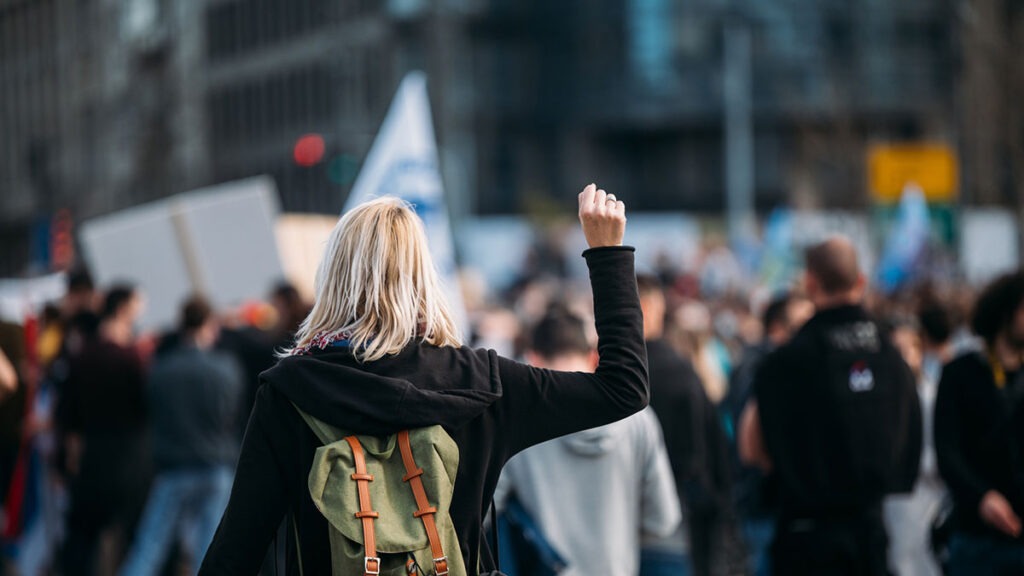Today (4 December 2023), the focus at COP28 in Dubai centres on the business issues of trade and finance but also, crucially, gender equality.
It recognises the important role of women as decision-makers and change leaders in pushing forward programmes to mitigate and improve climate impacts. As this summit marks the half way point towards targets set in the COP21 Paris Agreement, it offers an opportunity to review progress on action plans and how they are being made inclusive.
So what are some of the themes we expect to be discussed? For one, access for women – particularly those in the indigenous global south – to education and resources for climate interventions.
COP27 last year helped to recognise inequalities in climate change impacts and the need to channel resources to the countries and communities most effected. According to a report from United Nations Climate Change, 75% of COP Parties have now included references to gender in their Nationally Determined Contributions (national climate plans)[1]. This is really positive and will encourage gender to be woven into related longer-term strategies.
Inclusivity and gender equality were also reinforced in a number of commitments made at COP27: the new global climate pact, the Sharm el-Sheikh Implementation plan; a review and update to the gender action plan, begun in June 2022; and the second three-year work plan of the Local Communities and Indigenous Peoples’ Platform. These are all positive steps in encouraging wider representation in climate discussions and action, and provide a platform to build on in Dubai.
Another key theme for COP28 is access to climate funding and, in particular, finance. The Sharm el-Sheikh Implementation Plan carved out a loss and damage fund to support countries vulnerable to the effects of climate change and broaden access to finance. The detail of the fund and how will it will work will undoubtedly be a key discussion point at this year’s summit and nations, communities and businesses will be keen to find out more.
From a gender-equality perspective, there is a call for ‘gender-balanced’ investment financing. But what does that mean in reality? This is one of the questions we expect to be clarified at COP28, as the focus shifts towards acceleration of national climate plans. What will be important, however, is for women to not only be considered as recipients of climate funding, but involved in decision-making about the design and operation of where loss and damage funding goes. Our ESG team is closely following developments at COP28 and the broad range of issues being discussed – from finance, trade and energy, to youth/education, nature and land use.
Take a look at our previous blog on climate finance and sustainable funding to learn more about the key areas of discussion at this year’s summit.
[1] ‘Accelerating Inclusive Climate Action Remains Urgent’, United Nations article, 20 July 2023.

